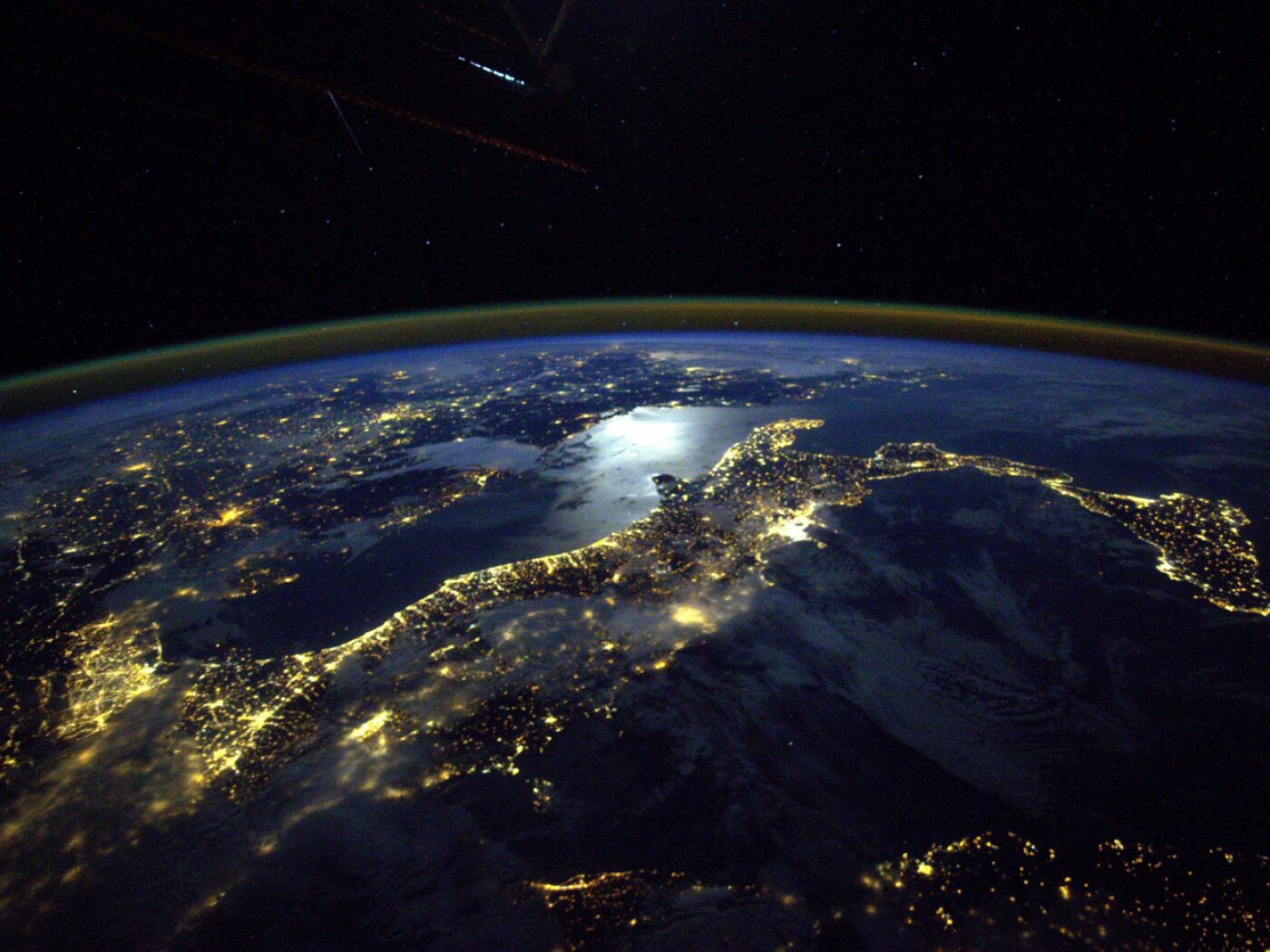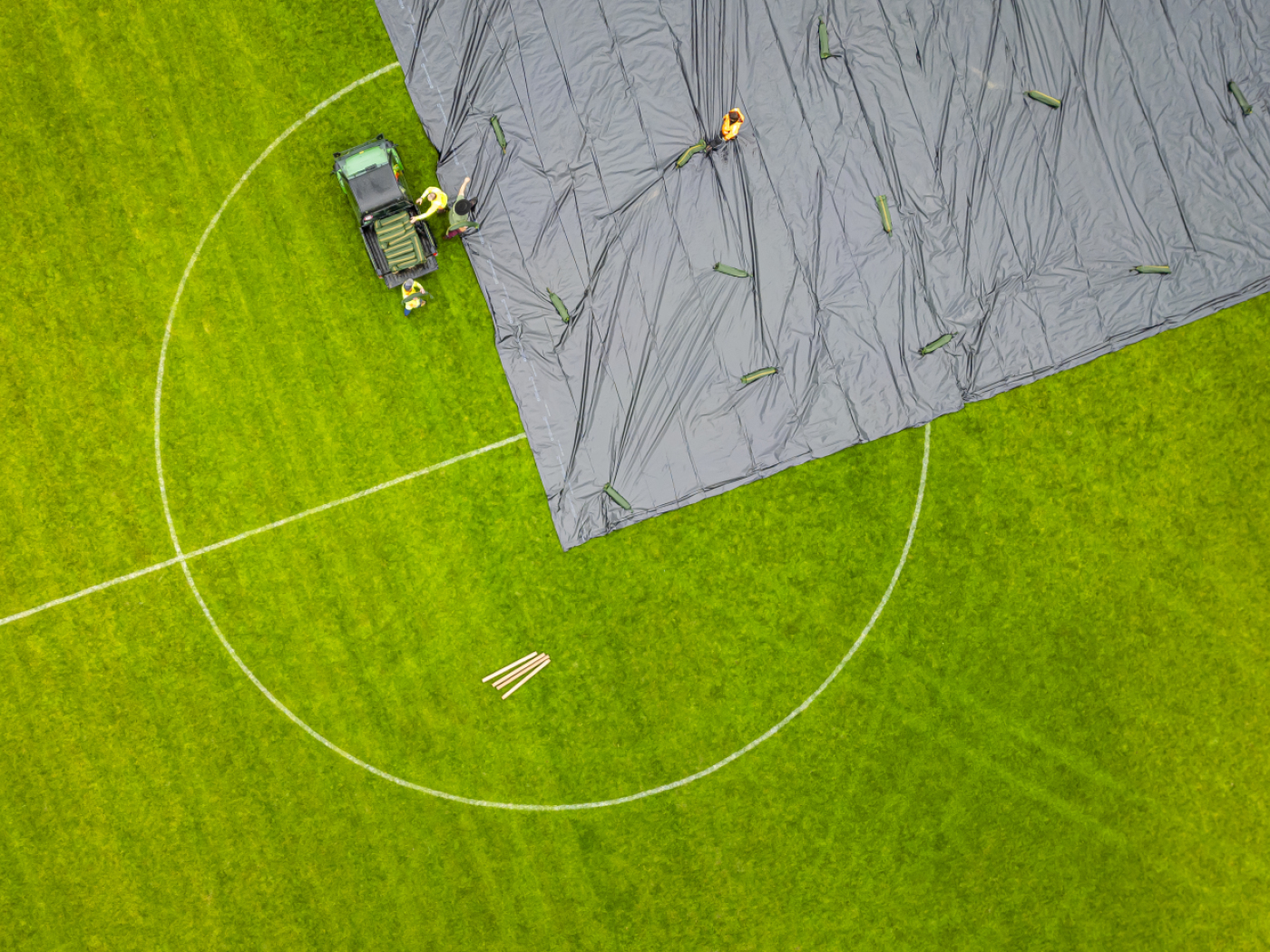
Swiss energy needs rely on foreign imports this week

Switzerland will cease to produce enough domestic energy to meet its needs from Saturday, according to a study by the Swiss Energy Foundation (SES).
+Get the most important news from Switzerland in your inbox
The study describes the high level of dependency of Switzerland, which imports more than 70% of its energy from other countries.
Domestic resources are only sufficient to cover Switzerland’s energy needs until 19 April, a date that symbolises the ‘Overshoot Day’, SES wrote in a note today. After that day, the country will be entirely dependent on oil, gas or nuclear fuel (uranium) from abroad.
With an estimated energy independence rate of 29.6% in 2025, Switzerland is on a par with other European countries. Over the past 20 years, Switzerland’s dependency has decreased slightly, as the indepence rate was no higher than 18.8% in 2005.
At the top of the energy independence ranking is Estonia, with a rate of over 98%. At the other end of the scale, Belgium, Cyprus and Malta record rates of 10% or less. France stands at 16.6% and Germany at 30.2%.
What is your opinion? Join the debate:
Transit through the EU
Switzerland spends on average almost CHF8 billion per year on energy imports. In 2023, most of these imports – over 87% – came from an EU state. But beware, warns SES: with the exception of electricity, EU countries essentially play a transit role. They are only marginally involved in the production of imported energy sources.
Most of the fossil and nuclear energy imported into Switzerland via the EU comes from the Middle East, western Asia, the former Soviet Union, the United States, Norway and the United Kingdom. The nuclear fuel rods used in Switzerland, for example, still contain a significant proportion of uranium of Russian origin.
SES supports the development of renewable energies to strengthen Switzerland’s energy autonomy. Léonore Hälg, Head of Climate and Renewable Energy at the Foundation, believes that “the EU will remain a key trading partner for energy, in the future in the form of renewable electricity produced locally in member countries. The electricity agreement will play a decisive role.”

More
Earth overshoot day: humanity consumes resources as if we have 1.7 planets
Translated from German by DeepL/mga
How we work
We select the most relevant news for an international audience and use automatic translation tools such as DeepL to translate them into English. An editor then briefly reviews the translation for clarity and accuracy before publication. Providing you with automatically translated news gives us the time to write more in-depth articles. The news stories we select have been written and carefully fact-checked by an external editorial team from news agencies such as Bloomberg or Keystone.
Did you find this explanation helpful? Please fill out this short survey to help us understand your needs: https://survey.survicate.com/d0df481d0b13412d/?p=anonymousExternal link

In compliance with the JTI standards
More: SWI swissinfo.ch certified by the Journalism Trust Initiative










































You can find an overview of ongoing debates with our journalists here . Please join us!
If you want to start a conversation about a topic raised in this article or want to report factual errors, email us at english@swissinfo.ch.